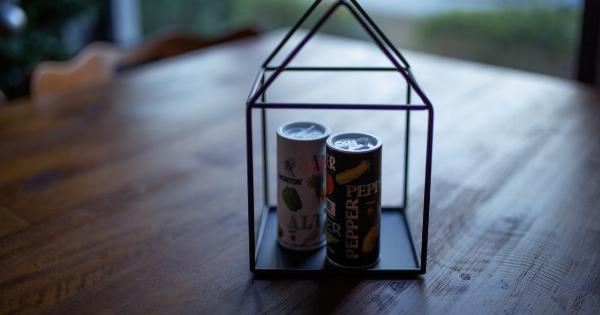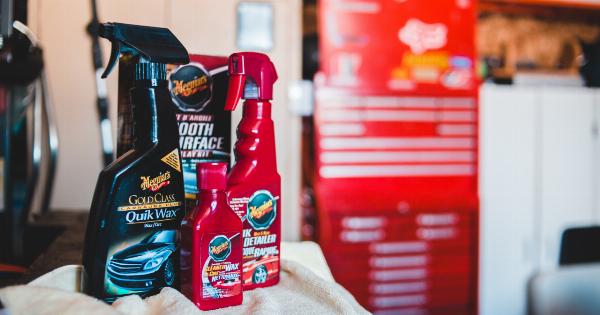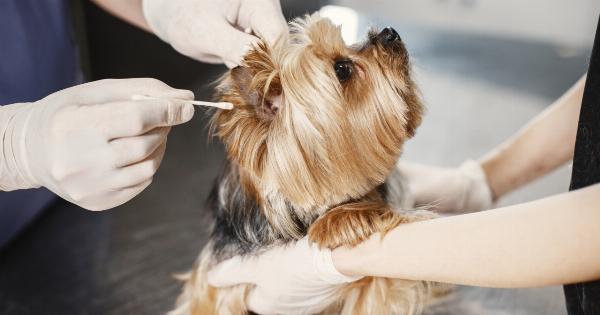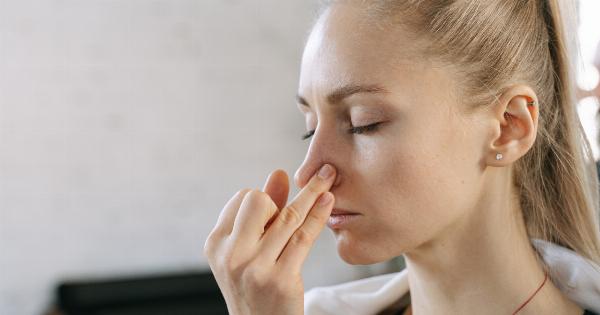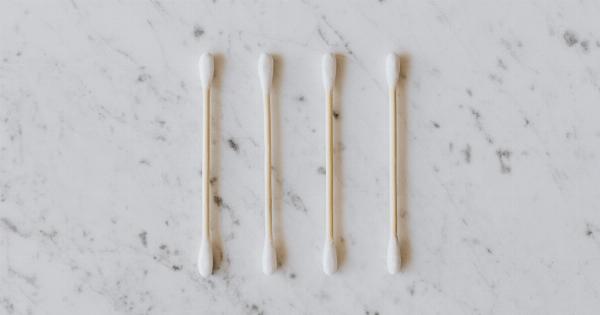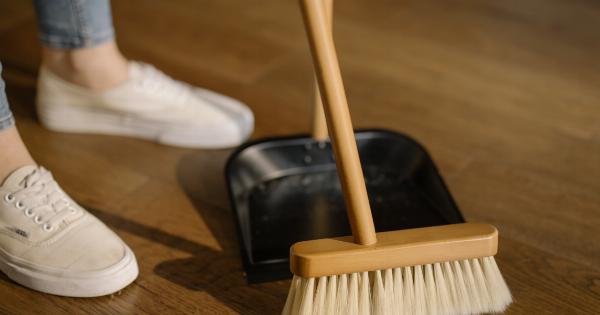Pregnancy is a time when women need to take extra care of themselves. Most pregnant women are aware of the importance of taking care of their diet and exercise routine to ensure they have a healthy pregnancy.
However, it is essential to take care of your ears and nose during pregnancy as well.
Why is it important to protect your ears and nose during pregnancy?
During pregnancy, hormonal changes occur in a woman’s body that can affect her hearing and sense of smell. The changes can also lead to issues such as congestion, nosebleeds, and tinnitus.
Therefore, it is crucial to take care of your ears and nose during pregnancy.
How to protect your ears during pregnancy?
Here are some ways to protect your ears during pregnancy:.
1. Avoid Loud Noises
Loud noises can be harmful to your ears, especially during pregnancy. Loud noises can damage your hearing, and this can cause problems such as tinnitus or permanent hearing loss.
So, try to avoid places where there is loud noise, such as concerts, loud bars, or clubs. If you have to go to a loud event, wear earplugs to protect your ears.
2. Keep Your Ears Dry
Wet ears are more prone to infection. Therefore, it is essential to keep your ears dry during pregnancy. When you take a shower, make sure you use earplugs to prevent water from entering your ears.
If you swim, make sure you wear a swim cap or earplugs to protect your ears from water.
3. Avoid Using Headphones for a Long Time
Using headphones for a long time can be dangerous for your ears. The constant exposure to loud music can cause hearing damage. So, avoid using headphones for long periods during pregnancy.
If you have to use headphones, use them at a low volume and take frequent breaks.
4. Avoid Cleaning Your Ears with Cotton Swabs
Cleaning your ears with cotton swabs can push earwax deeper into your ear canal, leading to more problems. It can also damage the ear canal’s delicate skin and cause an infection.
Therefore, avoid using cotton swabs to clean your ears during pregnancy.
How to protect your nose during pregnancy?
Here are some ways to protect your nose during pregnancy:.
1. Stay Away from Irritants
During pregnancy, your sense of smell becomes more sensitive. Therefore, some irritants such as smoke, dust, or strong scents can trigger nasal congestion, nosebleeds, or even migraines.
Try to stay away from these irritants and keep your surroundings clean and well-ventilated.
2. Use a Humidifier
Dry air can cause nasal congestion, nosebleeds, and other respiratory problems. Therefore, it is essential to keep the air moisturized during pregnancy. Use a humidifier to add moisture to the air and keep your nasal passages moist and healthy.
3. Use Saline Nasal Spray
Saline nasal spray is a natural way to keep your nasal passages clean and moisturized. It can help wash away irritants, dust, and allergens from your nose. Using a saline nasal spray can relieve nasal congestion and prevent nosebleeds.
Make sure you use a saline nasal spray that is safe for pregnant women.
4. Avoid Blowing Your Nose Too Hard
Blowing your nose too hard can cause nasal irritation and nosebleeds. It can also force mucus and bacteria into your sinuses, leading to infections. Therefore, avoid blowing your nose too hard during pregnancy.
If you have to blow your nose, do it gently and use a soft tissue.
Conclusion
Taking care of your ears and nose during pregnancy is essential for your health and well-being. Simple steps like avoiding loud noises, keeping your ears dry, and staying away from irritants can protect your ears and nose from harm.
With a little bit of effort, you can enjoy a healthy pregnancy and protect your sensory organs at the same time.


















